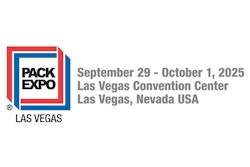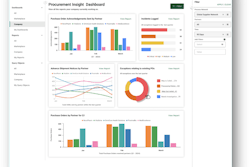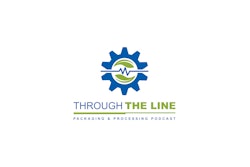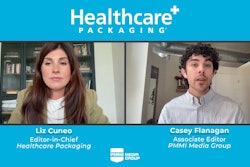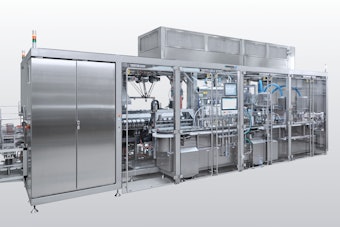Imagine the impact that individualized treatment could have on pharmaceutical firms producing vast quantities of drugs. What would such a sea change do to their packaging operations? Would these companies rely more heavily on contract packaging? How would such unit doses be packaged and how would they reach patients? Look into your crystal ball and give us your assessment.
The study of the genetic basis for an individual's variable drug response, called pharmacogenetics, "is being applied with increasing frequency at the clinical level," notes Amy Brock, Ph.D at Harvard. Brock is the analyst/author of a new report from Business Communications called Worldwide Market For Pharmacogenomics to Reach $3.7 billion by 2009.
"These efforts rely on pharmacogenomics, the genome-wide analysis of the genetic determinants of drug efficacy and toxicity," she continues. "The cornerstone of pharmacogenetics and pharmacogenomics is the ability to identify genetic variations that alter an individual's response to a drug. The routine use of pharmacogenomics should make drug development faster and cheaper, thereby increasing the profit from each product." Of course, that's good news for pharmaceutical firms.
It's important to realize this isn't blue-sky research. Brock points to Herceptin, Genentech's monoclonal antibody drug for breast cancer treatment, as a prominent success story in the pharmacogenomics field.
"In terms of packaging," for these tests, Brock suspects, "the industry already has excellent ways to deal with the handling of the assays (patient tests) and the therapeutic agent itself. However, I think it's most interesting to consider how packaging will change over the next decade. As more tests are developed and as the public becomes better educated about the place of genetics in disease management, will there be a place for over-the-counter genetic tests? The public is already comfortable with the idea of OTC pregnancy testing." Now's the time to examine the potential impact of personalized medicine on your packaging operation.
--By Jim Butschli, Editor
The study of the genetic basis for an individual's variable drug response, called pharmacogenetics, "is being applied with increasing frequency at the clinical level," notes Amy Brock, Ph.D at Harvard. Brock is the analyst/author of a new report from Business Communications called Worldwide Market For Pharmacogenomics to Reach $3.7 billion by 2009.
"These efforts rely on pharmacogenomics, the genome-wide analysis of the genetic determinants of drug efficacy and toxicity," she continues. "The cornerstone of pharmacogenetics and pharmacogenomics is the ability to identify genetic variations that alter an individual's response to a drug. The routine use of pharmacogenomics should make drug development faster and cheaper, thereby increasing the profit from each product." Of course, that's good news for pharmaceutical firms.
It's important to realize this isn't blue-sky research. Brock points to Herceptin, Genentech's monoclonal antibody drug for breast cancer treatment, as a prominent success story in the pharmacogenomics field.
"In terms of packaging," for these tests, Brock suspects, "the industry already has excellent ways to deal with the handling of the assays (patient tests) and the therapeutic agent itself. However, I think it's most interesting to consider how packaging will change over the next decade. As more tests are developed and as the public becomes better educated about the place of genetics in disease management, will there be a place for over-the-counter genetic tests? The public is already comfortable with the idea of OTC pregnancy testing." Now's the time to examine the potential impact of personalized medicine on your packaging operation.
--By Jim Butschli, Editor




